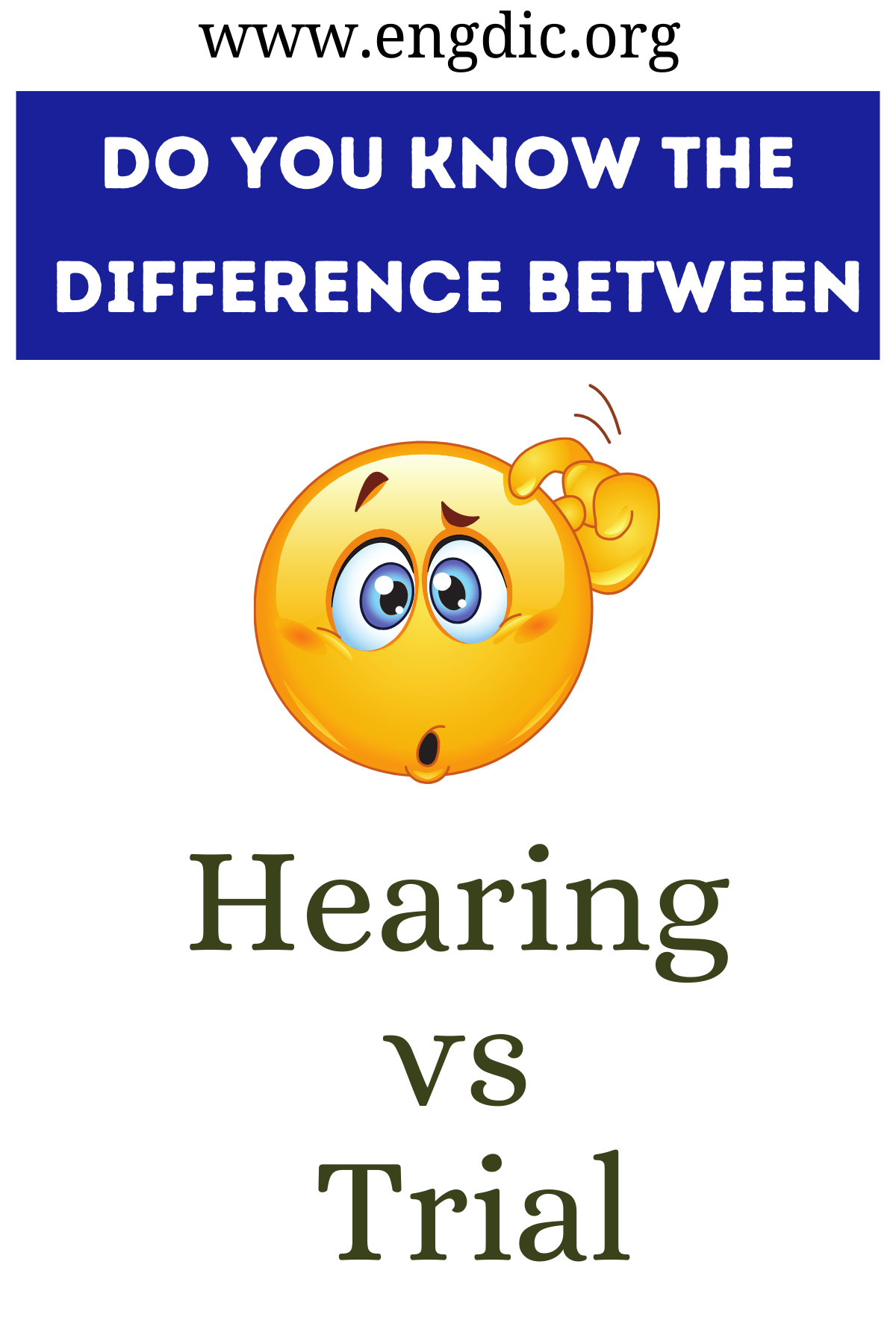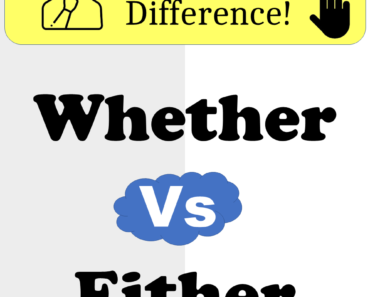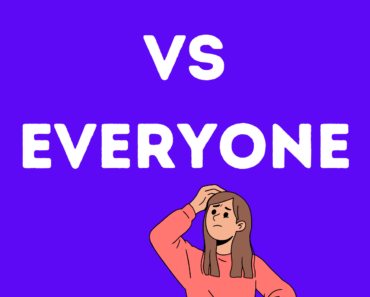A hearing and a trial are both legal proceedings, but they differ significantly in their scope and purpose.
- A hearing is typically shorter, focusing on specific legal issues such as preliminary matters or procedural questions, and often involves only the judge.
- A trial, on the other hand, is more comprehensive, encompassing the entire process of determining a defendant’s guilt or innocence or resolving civil disputes.
Trials include evidence presentation, witness testimonies, and arguments from both sides, often in front of a jury, ultimately leading to a final judgment.
Hearing
Definition: A hearing is a formal proceeding before a judge or administrative body to address specific legal issues or disputes. It is generally shorter than a trial and often focuses on procedural matters, motions, or specific points of law.
Usage:
- Preliminary Hearings: Used in criminal cases to determine if there is enough evidence for a trial.
- Example: A preliminary hearing was held to establish if sufficient evidence existed to proceed to trial.
- Motion Hearings: Address specific motions or requests made by the parties in a case.
- Example: A motion hearing was scheduled to decide on the admissibility of new evidence.
- Administrative Hearings: Conducted by government agencies to resolve regulatory disputes or enforce rules.
- Example: An administrative hearing was held to review the business’s compliance with environmental regulations.
- Sentencing Hearings: Held after a guilty verdict to determine the appropriate punishment.
- Example: A sentencing hearing was convened to decide the length of the defendant’s prison term.
Trial
Definition: A trial is a formal judicial proceeding where the facts of a case are examined through evidence and witness testimonies to resolve disputes or determine guilt or innocence in criminal cases.
Usage:
- Jury Trials: Involve a group of citizens (jury) that decides the case outcome based on evidence presented.
- Example: The high-profile case was decided through a jury trial that lasted several weeks.
- Bench Trials: Decided solely by a judge, without a jury, often used in civil cases or specific criminal matters.
- Example: The judge presided over a bench trial to determine the liability in the breach of contract lawsuit.
- Criminal Trials: Focus on determining whether a defendant is guilty of the crimes charged by the prosecution.
- Example: The defendant faced a criminal trial for the charges of fraud and embezzlement.
- Civil Trials: Resolve disputes between individuals or entities, often involving compensation claims.
- Example: The civil trial concluded with a substantial damages award for the plaintiff.
Both hearings and trials play crucial roles in the legal system, offering structured ways to resolve disputes and administer justice.







